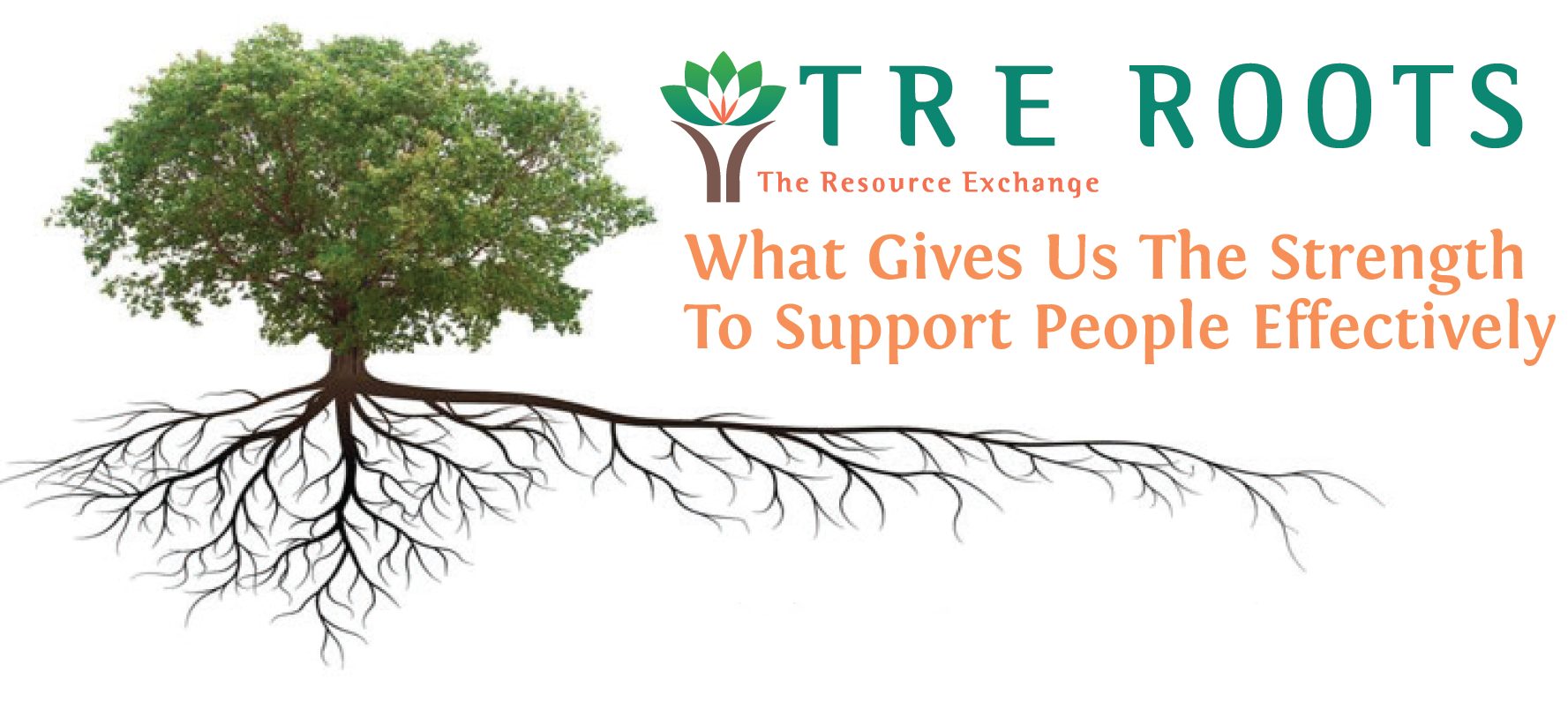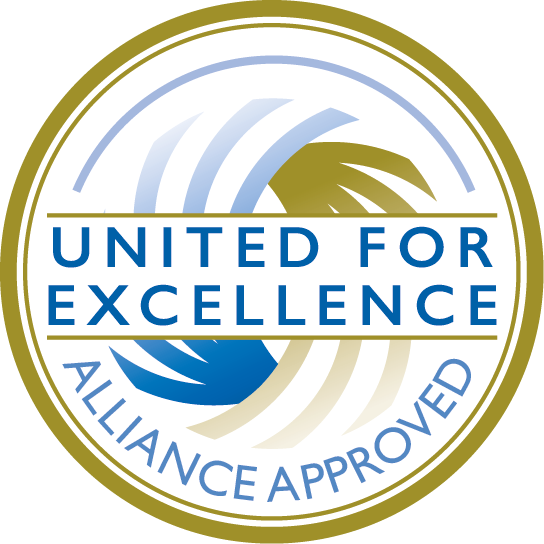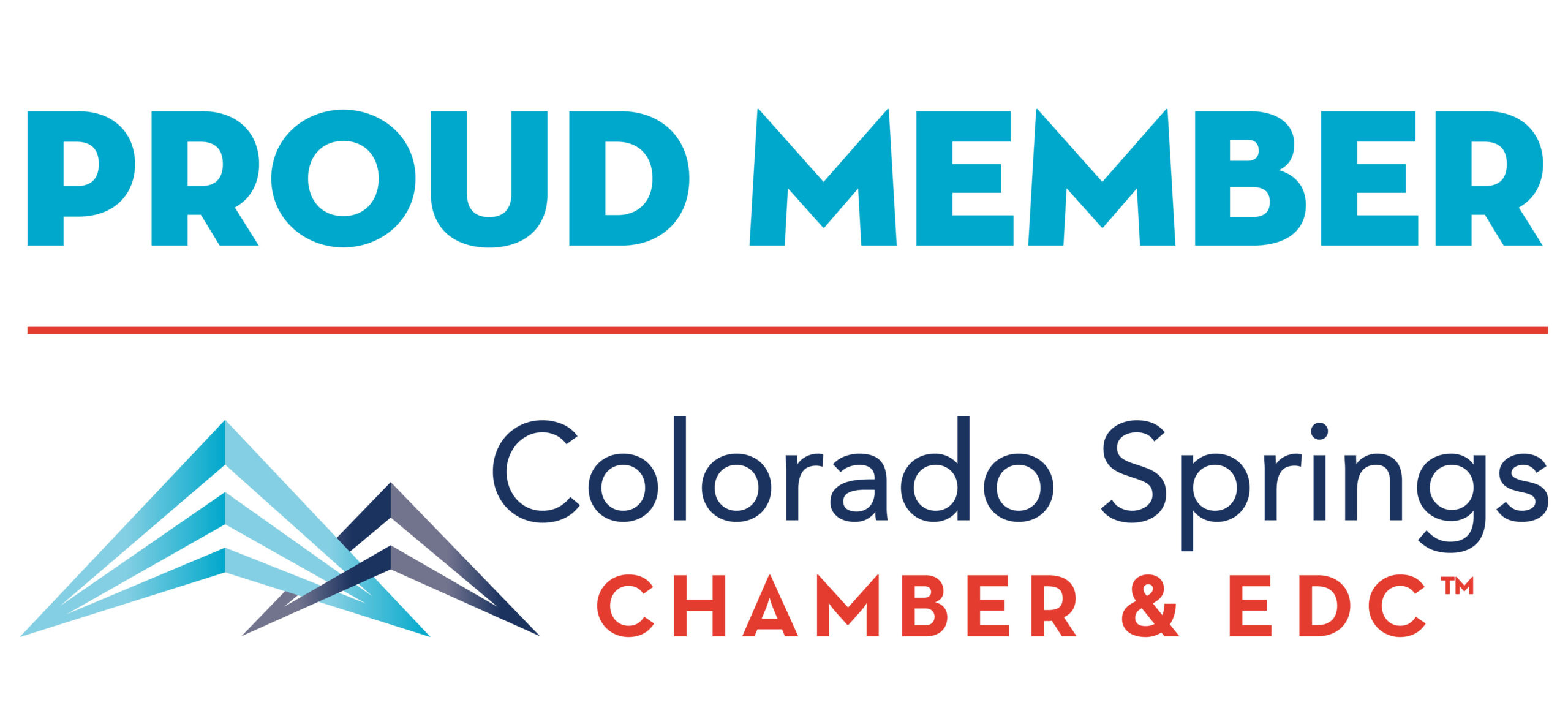

We are proud to share the next in our series of TRE’s cultural “roots”, guideposts that have been identified by TRE as critical to our work. Read more about this organizational effort at www.tre.org/blog-tre-roots/.
TRE Root #23: Share Knowledge
When I think about the Root Share Knowledge, the word collaboration comes to mind. An environment that supports and promotes collaboration is one that encourages people to share knowledge and experience. This allows each of us involved to grow our own perspectives by benefiting from others’ knowledge and experience. When we focus on Having a Collaborative Spirit as we previously discussed, we tend to be more engaged with the people with whom we are interacting, we build trust, and we remain more open to learning as well as to sharing the knowledge each of us has gained through our own experiences. This is one of the reasons I focus so much on effective teaming practices. The quality of your team and its collaboration defines overall effectiveness of the members.
In an organization the size of TRE, it is easier to collaborate within like groups and share knowledge, but it can take more efforts in collaboration to consider who else might need to know this information, who might be impacted by it, and ensure we have strategies in place to share new information and knowledge as our teams or programs grow and change. Teams should not be static or insular, they should be continually adapting to the needs and bringing on others when necessary. In addition, we tend to gain the knowledge we have within the context of the situations where it is learned. By sharing knowledge and the context surrounding it, we can help others learn from our experience and we can open the discussion to allow others to share knowledge so that we can also learn from their experiences.
An example of this would be the information we learn about the desires and needs of a person in our services. If one staff learns that a person loves to interact with friends and family in their home and at the park, we might work together to develop ideas on how we can enhance the times and places where these interactions occur. If another team member learns that this person in our services has anxiety about going to crowded places, sharing this knowledge helps to better inform the ideas that are developed to support this person’s interactions with friends and family. If they do not share this knowledge, our plans may not truly align with the needs of the person we are trying to support.
Coaching is another word that comes to mind. An effective coach shares knowledge in an effort to build the capacity of the other person. This practice supports the development of the other person as well as the coach. When we share knowledge, we also have a tendency to be open to learning new knowledge. We previously discussed how important it is to Seek Knowledge. Think about sharing knowledge as a way of promoting the flow of knowledge to others in order to benefit your team, the people we serve, and our community.
As you go through your work, consider the following:
- Talk within your team about the ways that sharing knowledge is beneficial to the people we support. How effective is your team at thinking about who else needs to know this information and at developing strategies to ensure the knowledge is shared?
- Reflect personally on your experience and the knowledge you have to share that can benefit others and the way you collaborate to find solutions for challenges.
- Share your knowledge. What are the amazing things you have learned that could benefit others?






Leave a Reply